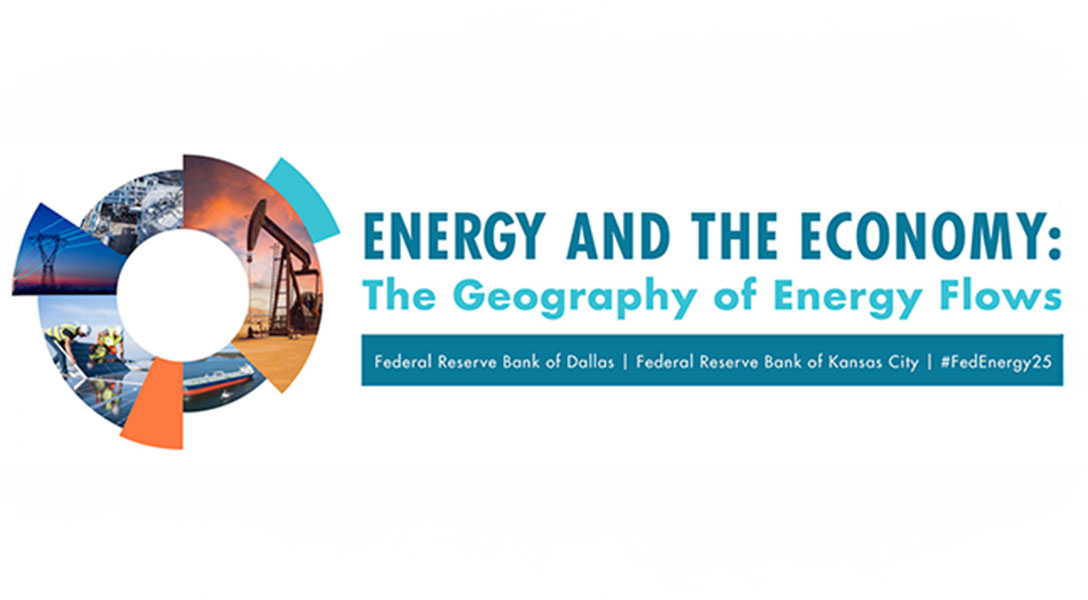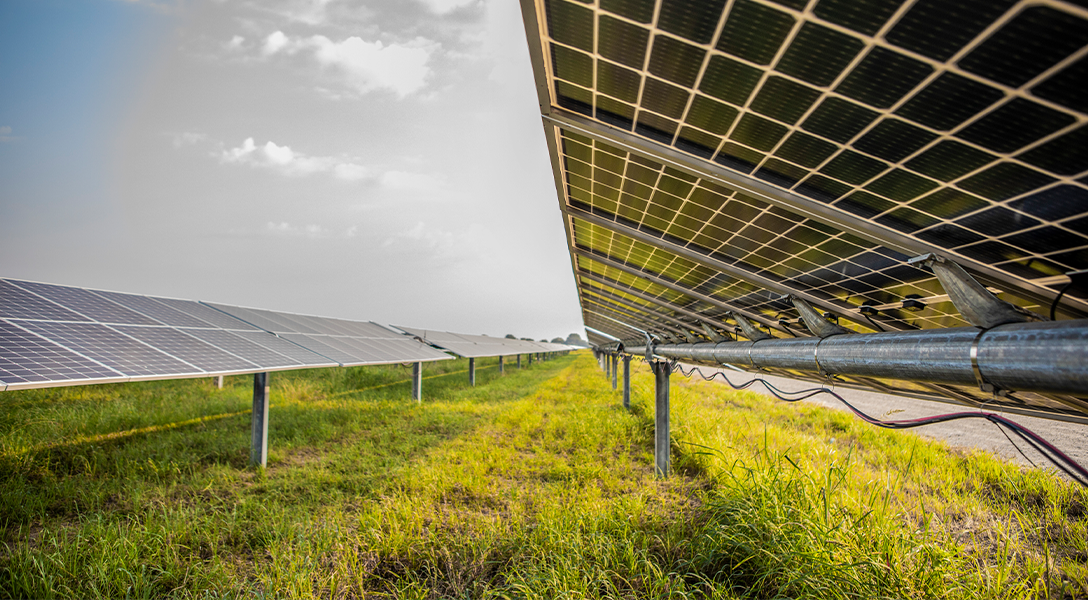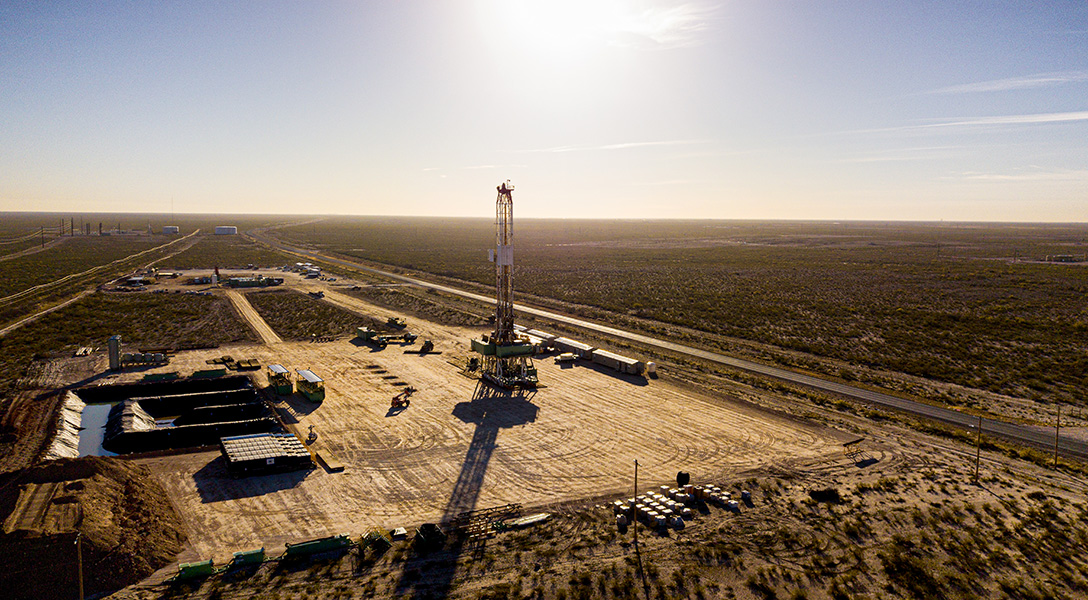
Exploring energy markets and their impact on the economy
The Center for Energy and the Economy (CEE) produces academic research that expands and deepens our collective understanding of how developments in energy markets inform monetary policy. The Center, established in August 2025, serves as a platform to facilitate the dissemination of energy sector expertise throughout the Federal Reserve System and to the public.
Learn moreResearch
Smooth Operator? Managing Electric Vehicle Integration in Constrained Distribution Networks
Read more
Pollution Taxes and Clean Subsidies in an Open Economy
Read more
Time-Limited Subsidies: Optimal Taxation with Implications for Renewable Energy Subsidies
Read more
The Effects of Competition in the Retail Gasoline Industry
Read more
What Fuels the Volatility of Electricity Prices?
Read more
Do Bill Shocks Induce Energy Efficiency Investments?
Read more
Insights

Featured event
Energy and the Economy: The Geography of Energy Flows
The tenth joint energy conference hosted by the Federal Reserve Banks of Dallas and Kansas City will focus on the outlook for global energy markets as well as energy trade flows and developing domestic energy infrastructure. Participants include business leaders, central bankers, government officials, academics and financial market representatives.


